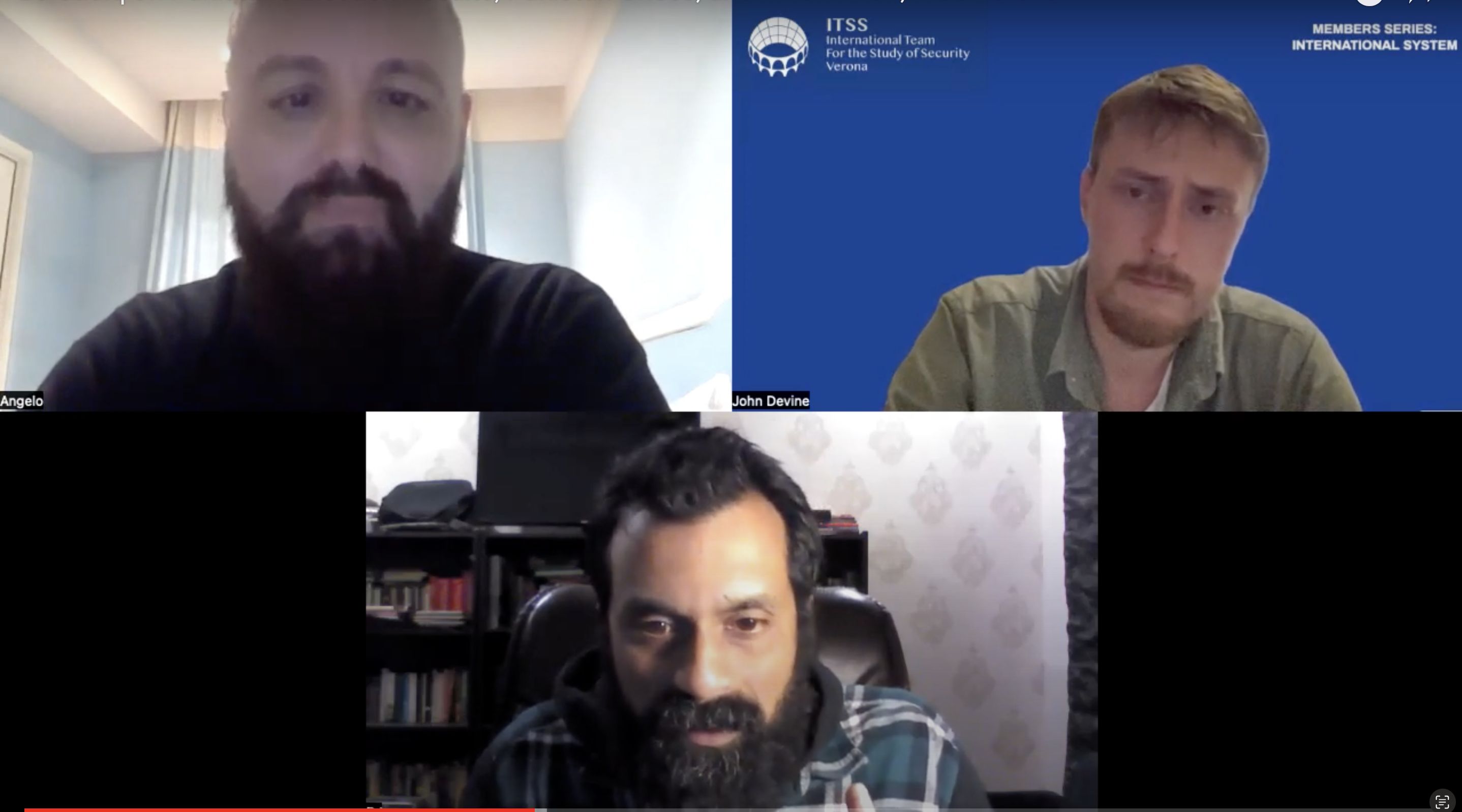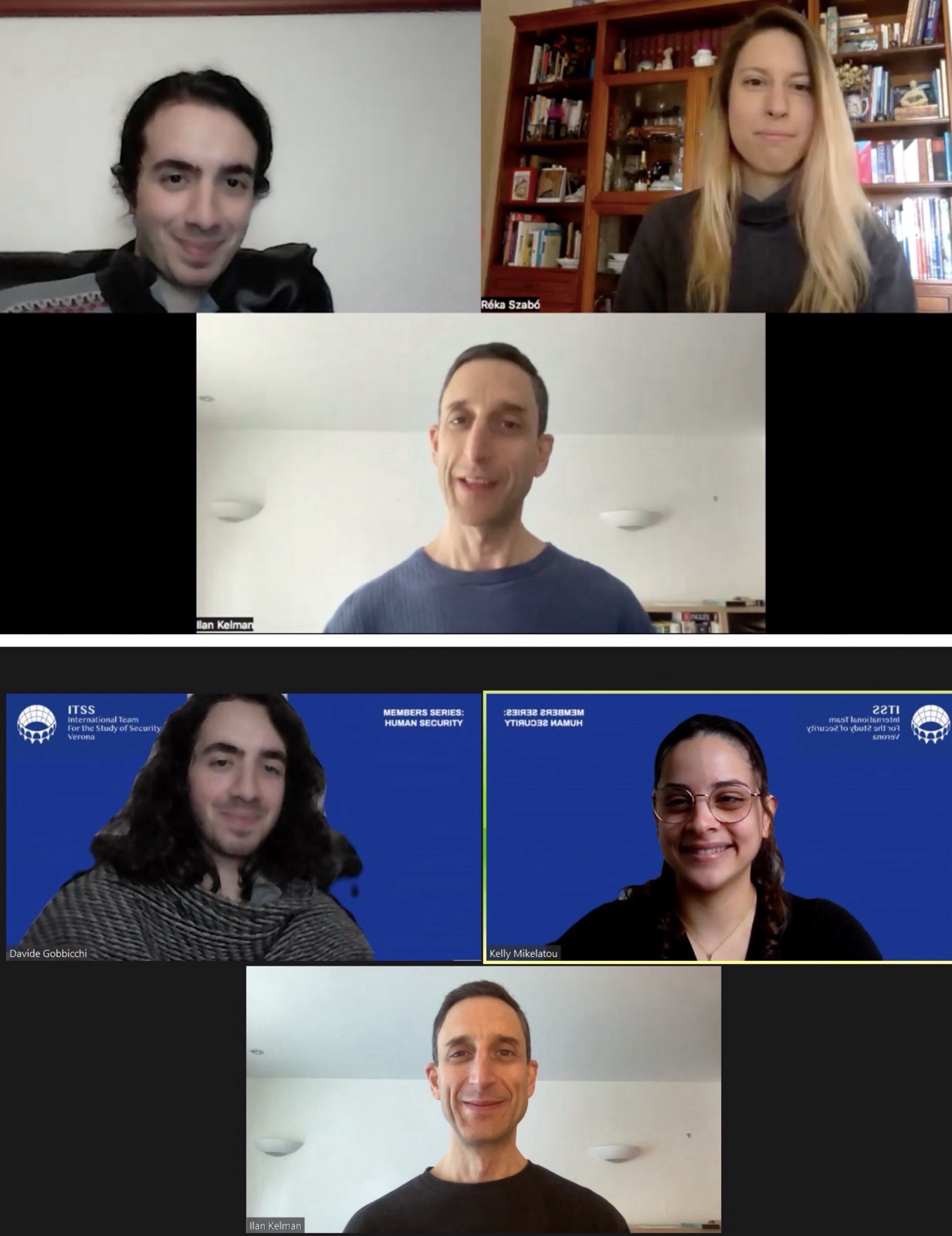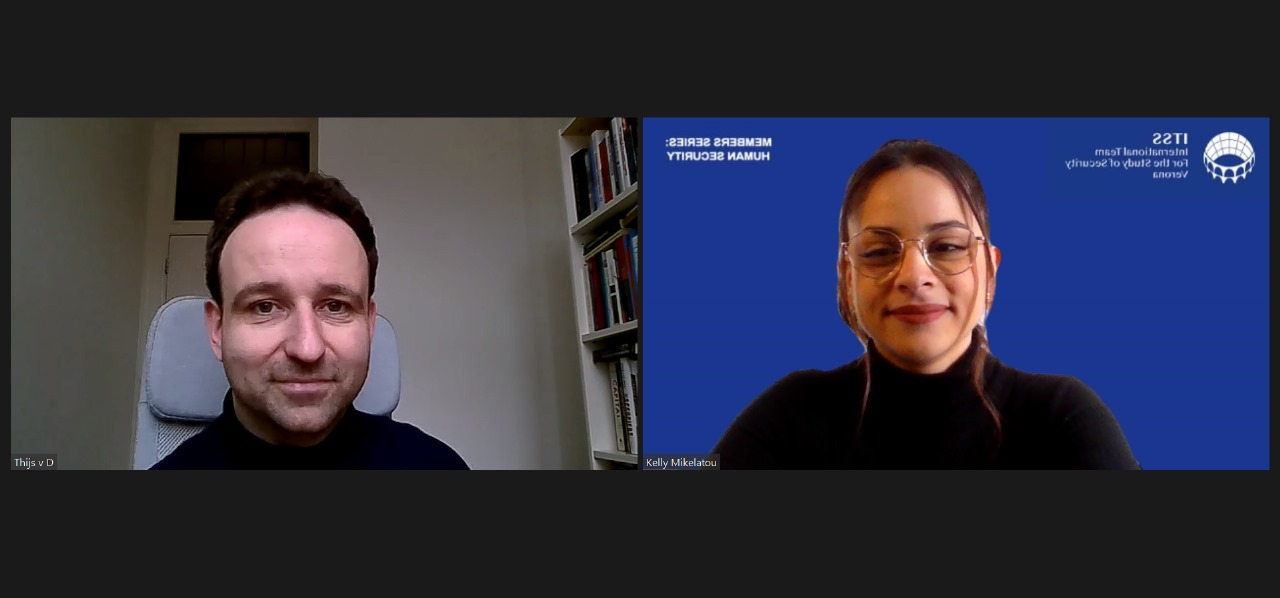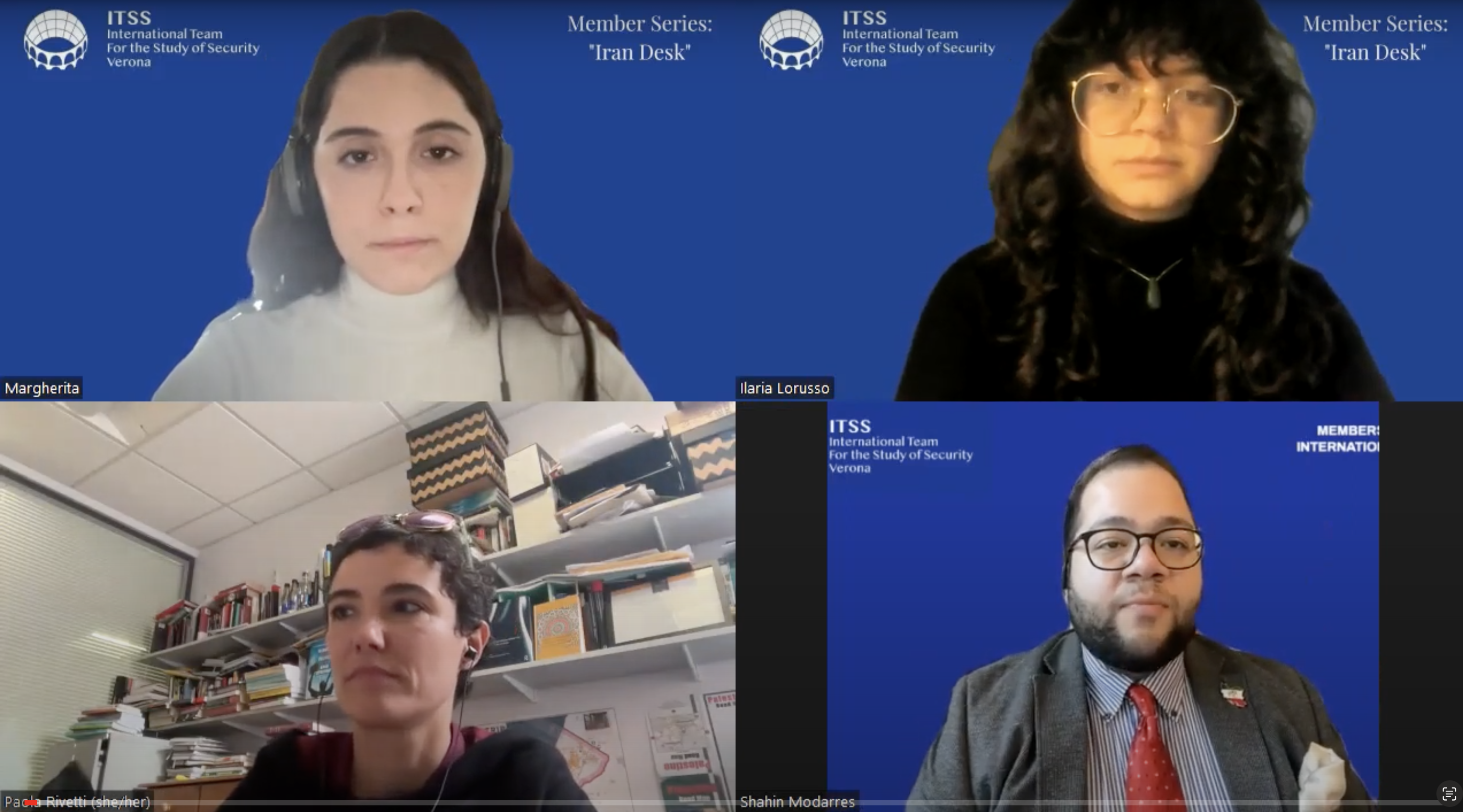In this episode, Dr. Michael Barak talks about recent developments and policy changes in Iran, their impact on Israel, and the role of proxy actors following October 7th. Specifically, Dr Barak discusses the multifaceted dynamics involving Iran and its regional influence. He covers Iran’s relationships with various proxies, including Hezbollah and the Houthi’s, as well as its strategic partnerships with Russia. Additionally, Dr Barak examines Iran`s ongoing tensions with Israel and the corresponding Israeli responses.
Dr. Michael Barak is a Senior researcher at the International Institute for Counter Terrorism (ICT) where he serves as the head of the global jihad & Palestinian terrorism research desks. Additionally, Dr. Barak is a lecturer at the lauder school of government diplomacy and strategy at Reichman university.
Interviewers: Shahin Modarres & Shir Mor - Iran Team









